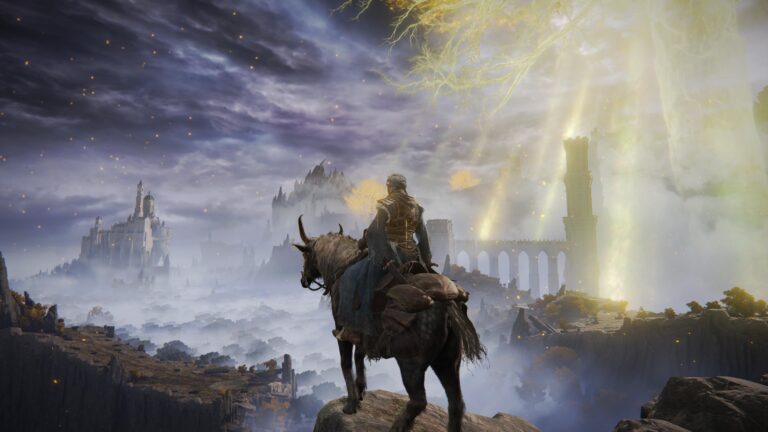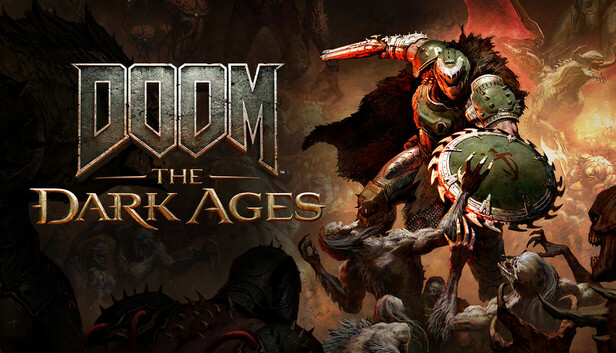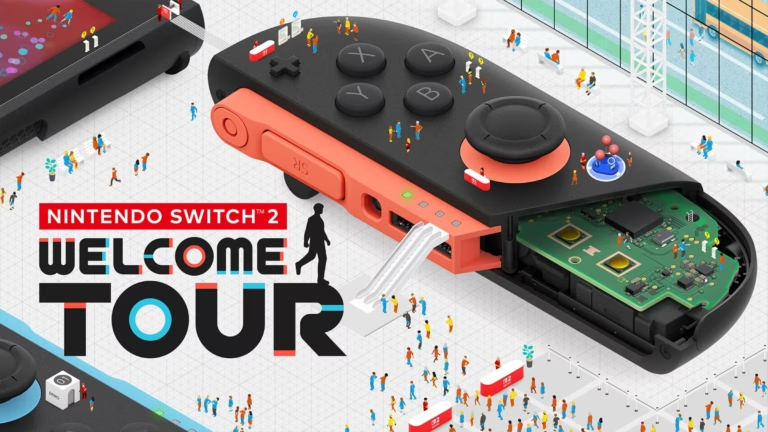Game data not found.
Monopoly, the quintessential board game, has captivated players for generations with its strategic depth and blend of luck and skill. Originally created in the early 20th century, Monopoly has transcended its origins to become a global phenomenon, with countless variations and editions tailored to different cultures and interests. In this article, we delve into the various aspects of Monopoly, including its story, gameplay, graphics and sound, and its lasting legacy.
Story
Monopoly doesn’t have a story in the traditional sense of narrative-driven games. Instead, it offers a thematic experience rooted in the world of real estate and capitalism. The game simulates a real estate market where players take on the roles of property magnates, buying, trading, and developing properties to bankrupt their opponents. This immersive simulation allows players to experience the highs and lows of property ownership and management, encapsulating the spirit of capitalism and economic strategy. The thematic elements are brought to life through the iconic properties on the board, such as Boardwalk and Park Place, which evoke images of prime real estate in bustling urban landscapes.
Gameplay
Monopoly’s gameplay is its most defining feature. It combines elements of strategy, negotiation, and chance, making each game session unique and unpredictable.
Game Setup
Monopoly can be played by 2 to 8 players. Each player starts with a set amount of money and a token, which represents them on the board. The board consists of 40 spaces, including properties, railroads, utilities, and special spaces like Chance, Community Chest, Jail, and Free Parking.
Objective
The primary goal in Monopoly is to be the last player remaining with any money, having driven all other opponents into bankruptcy. This is achieved by acquiring properties, building houses and hotels, and collecting rent from opponents who land on these properties.
Core Mechanics
- Rolling the Dice: Players take turns rolling two six-sided dice and move their token clockwise around the board according to the total rolled.
- Buying Properties: When a player lands on an unowned property, they may purchase it. If they decline, the property is auctioned to the highest bidder.
- Building Houses and Hotels: Once a player owns all properties in a color group, they can build houses and eventually hotels, increasing the rent owed by opponents landing on these spaces.
- Trading: A critical aspect of Monopoly is negotiating trades with other players to acquire complete sets of properties or to improve one’s position.
- Chance and Community Chest Cards: Landing on these spaces requires players to draw a card, which can have positive or negative effects, such as gaining or losing money or moving to a different board space.
- Jail: Players can be sent to Jail via Chance or Community Chest cards, landing on the “Go to Jail” space, or rolling doubles three times in a row. While in Jail, players must roll doubles or pay a fine to be released.
Winning the Game
The game continues until all but one player are bankrupt. The remaining player, who successfully managed their assets and navigated the intricacies of the game, is declared the winner.
Graphics and Sound
Graphics
Monopoly’s visual appeal lies in its iconic board design and the recognizable elements that have become staples in popular culture. The board’s layout, with its distinct color-coded property groups, railroads, utilities, and special spaces, is both functional and aesthetically pleasing. Over the years, the game has seen numerous themed editions that incorporate unique graphics and custom tokens, enhancing the visual experience and attracting diverse audiences.
Sound
While the original board game is silent, digital adaptations of Monopoly have introduced sound elements to enhance the gaming experience. These include upbeat background music, sound effects for dice rolls, and audio cues for transactions and card draws. These additions aim to capture the excitement and tension of the game, making the digital experience more immersive.
Legacy and Reception
Monopoly’s legacy is unparalleled in the realm of board games. Since its commercialization by Parker Brothers in 1935, Monopoly has become a staple of family game nights, social gatherings, and competitive play. Its widespread appeal can be attributed to its engaging mechanics, the balance of strategy and chance, and its capacity to bring people together.
Global Reach
Monopoly’s influence spans across the globe, with localized editions featuring properties and cultural elements unique to various countries and cities. This adaptability has allowed Monopoly to resonate with diverse audiences, making it a mainstay in households worldwide.
Competitive Scene
Monopoly has also carved out a niche in the competitive gaming scene. Official tournaments are held annually, where players test their strategic prowess against formidable opponents. These events highlight the game’s depth and the skill involved in mastering its mechanics.
Cultural Impact
Beyond the gaming world, Monopoly has left a significant mark on popular culture. Its terminology, such as “Monopoly money” and “Get Out of Jail Free,” has entered the common lexicon. Additionally, Monopoly-themed merchandise, television specials, and even a feature film in development underscore its enduring popularity.
Conclusion
Monopoly stands as a testament to the timeless appeal of board games. Its blend of strategy, chance, and economic simulation offers a captivating experience that has entertained players for decades. The game’s ability to adapt to cultural nuances and technological advancements ensures that it remains relevant in an ever-evolving gaming landscape. Monopoly’s impact on both the gaming industry and popular culture is profound, solidifying its place as one of the most iconic and beloved board games of all time. Whether played around a table with family and friends or enjoyed through digital platforms, Monopoly continues to bring joy and challenge to players, maintaining its legacy as a cornerstone of gaming history.















